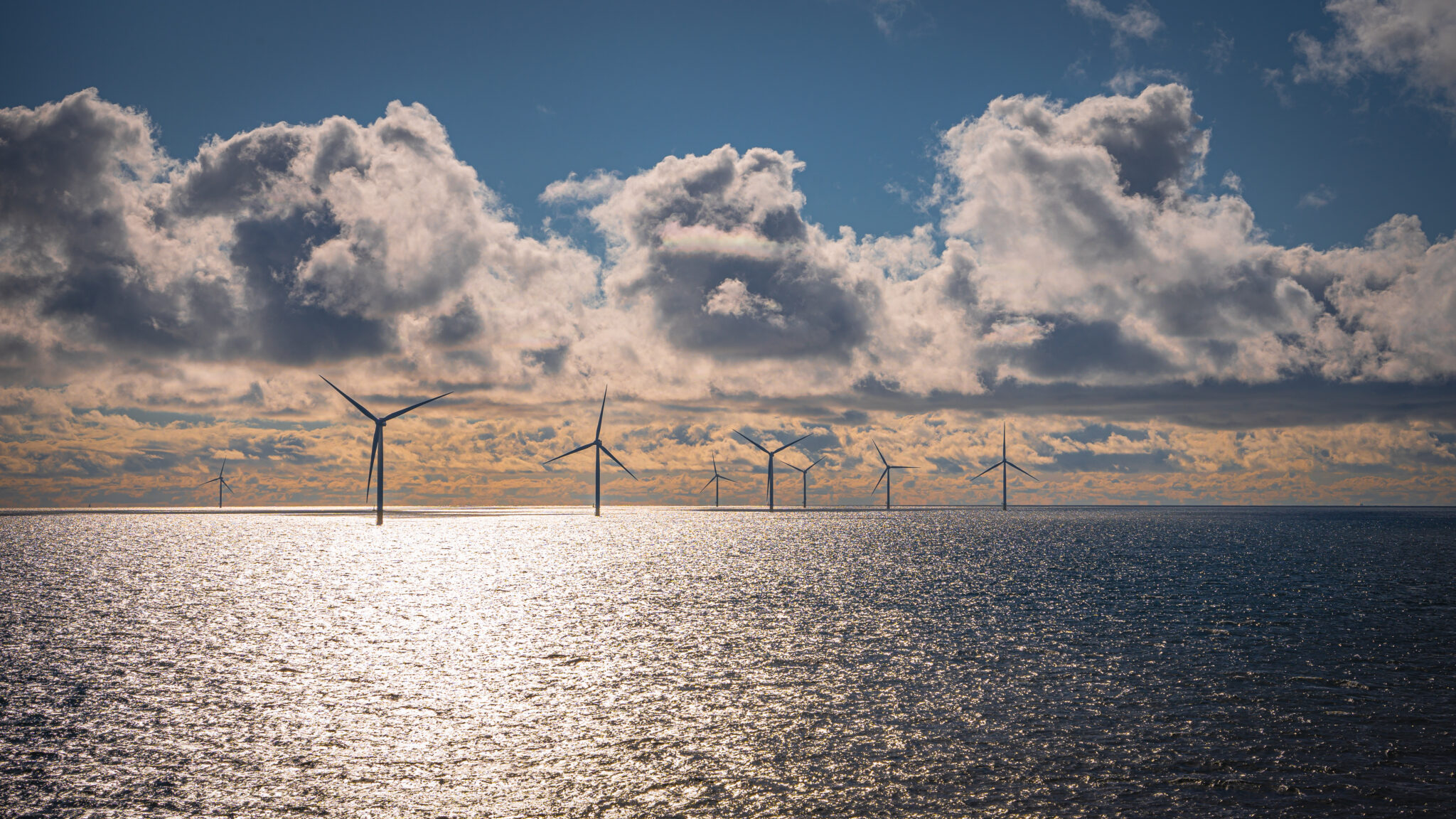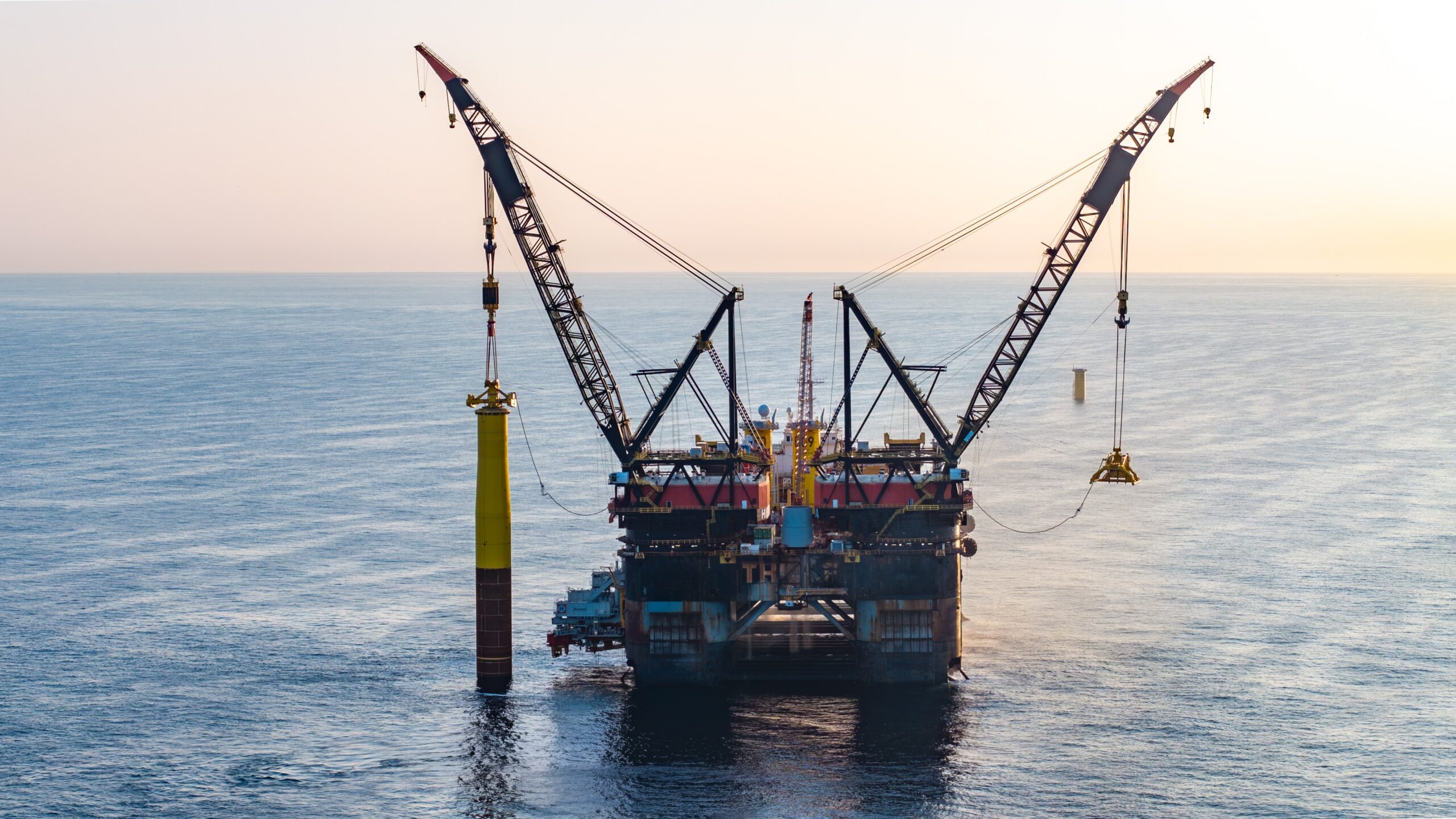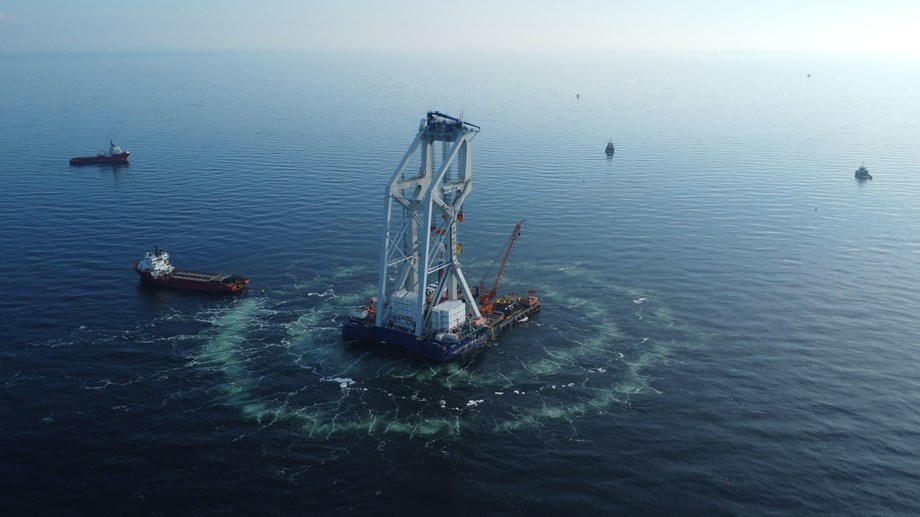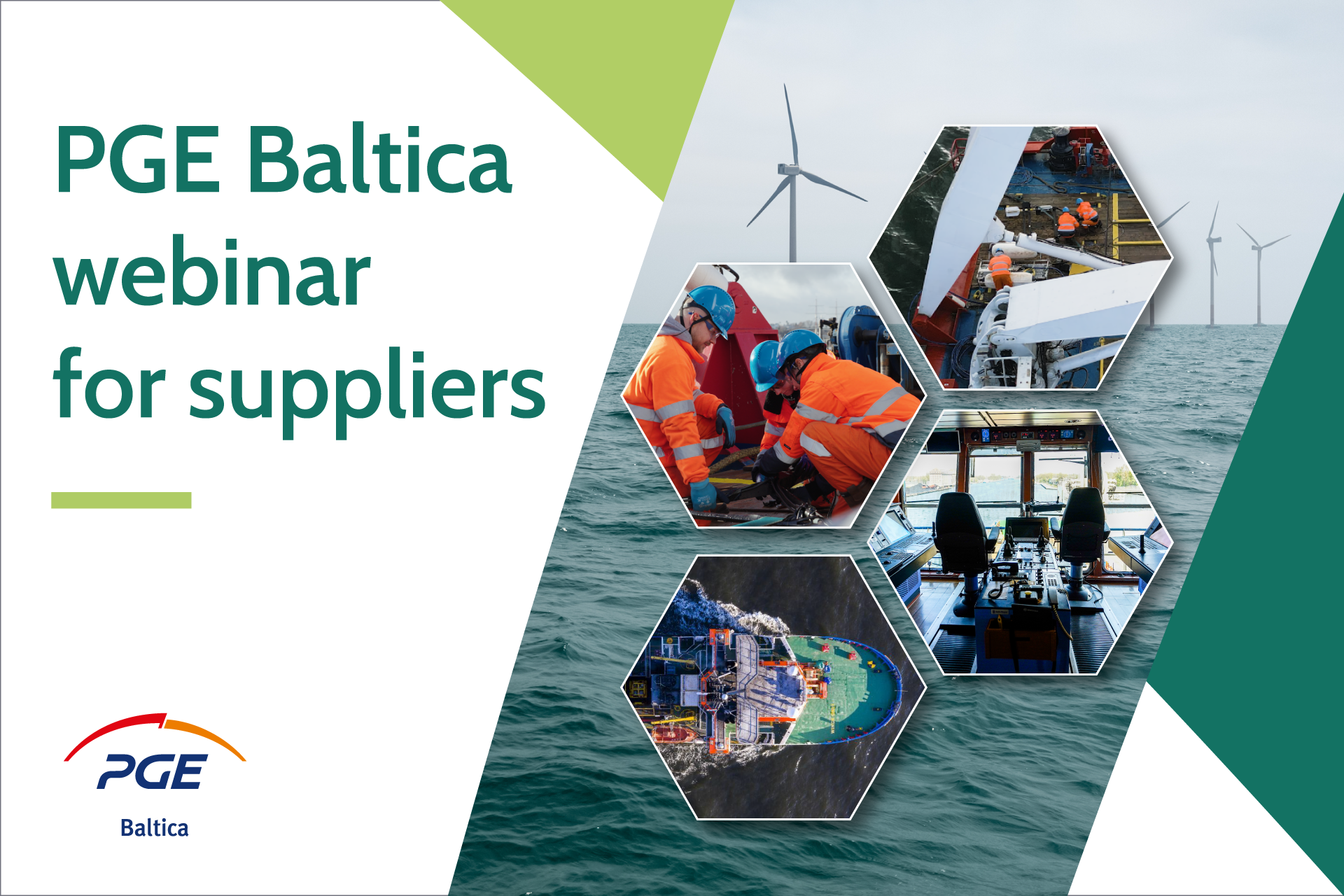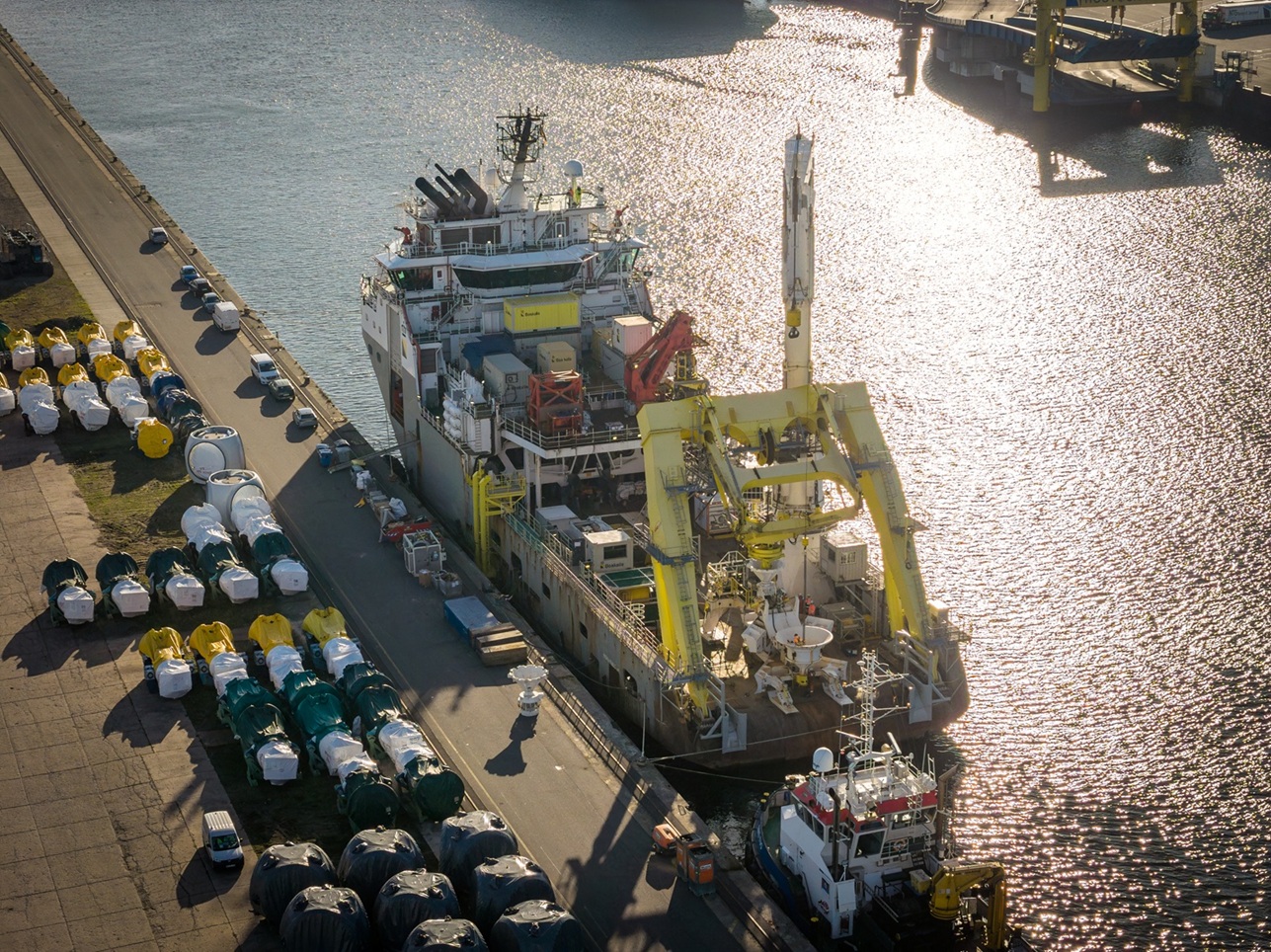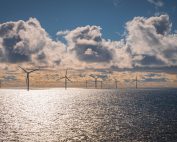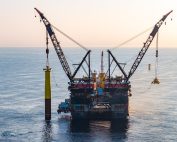Stefan Thimm, Managing Director of BWO, comments to BalticWind.EU on the German maritime spatial zoning plan and potential of offshore wind development on Baltic Sea from Germany side.
Germany is one of the leaders in offshore wind energy development in the Baltic Sea. Wind power plants are already operating in German waters. Stefan Thimm, Managing Director of BWO said that Germany sees a huge potential in the offshore wind sector in the Baltic Sea as offshore wind helps to deliver German climate goals and create good jobs.
– Therefore, we as the BWO have been criticizing for a long time that the current site development plan in the German Baltic foresees only one additional project to be auctioned in the next years. Fortunately, the German parliament just passed last week a new law which allows existing projects in coastal waters to reach offshore grid connection. This can give new impetus to the offshore wind development in the Baltic Sea. Thimm added that the latest draft of the maritime spatial zoning plan also describes new potential areas in the Baltic Sea after 2030.
– We as BWO therefore very much welcome the changes. However, it is almost certain that even these big improvements will not be enough to install sufficient offshore wind to reach climate neutrality until 2045. It is most likely, that further changes must be made in the next years – he emphasised.
Offshore local content in Germany and challenges
How many German companies are already involved in the supply chain for the offshore wind energy sector in the Baltic Sea region? Thimm said that these numbers are complicated to separate from onshore effects and effects from the offshore development in other regions. – A study from 2019 found that, in Mecklenburg-Vorpommern at that point there were more than 1.000 people working in the offshore wind sector and 42 market players active. However, we know that a large share of the value creation takes place in regions in the south as that is the place where development and research is done – he pointed out.
The main challenge for offshore wind development in Germany is to find sufficient space to reach our climate targets. – For that reason, we are also eager to see what is happening in the neighbouring countries such as Poland or Denmark – said Managing Director of BWO.
– Cooperation in offshore wind energy sector with other countries is key for Germany, as we have limited space in the sea and a high demand for green electricity and hydrogen in the future. We therefore highly appreciate that the European offshore renewable energy strategy is planning to incentivize and support cooperation. We also think that the “Important Project of Common European Interest” (IPCEI) can help with European cooperation in the field of offshore wind energy sector and green hydrogen – Stefan Thimm said.



